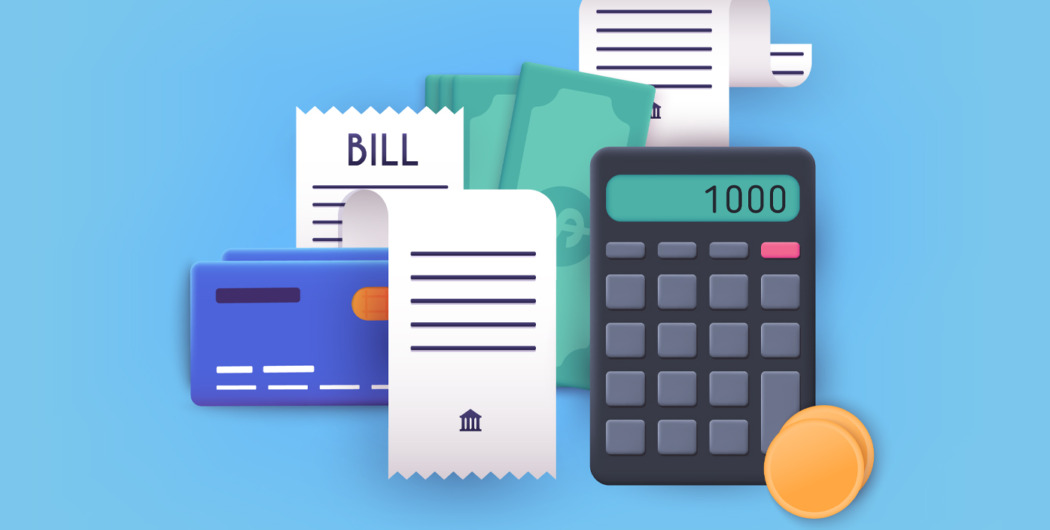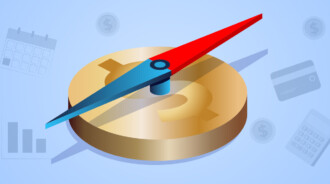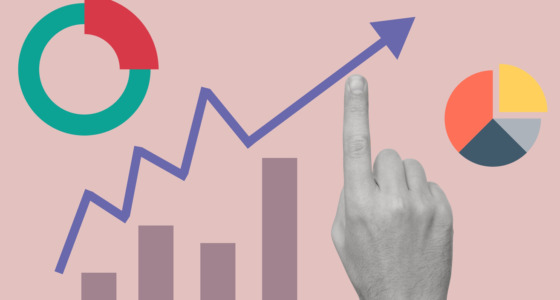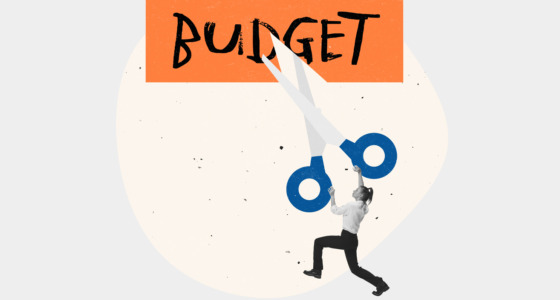

Personal finance and capital management are massive industries. However, these are also the first industries to be affected by economic crises. For example, between August 2007 and 12 February 2009, the announced layoffs reached a record high of 325,000. Makes you think — perhaps, it’s better to rely on yourself rather than an advisor.
But what if you don’t feel that you have the knowledge and confidence to effectively manage, save, and invest your funds? Then read on to find the best ways to learn about finance!
1. Explore different learning methods
There are numerous ways to go about self-teaching finance, but the method you choose should be the right fit for you.
If you gravitate towards basic learning styles — visual, auditory, or kinesthetic — you can start narrowing your options from there. However, research shows that you’re more likely to remember new information when you engage multiple senses at the same time.
Figure out your own perfect balance of learning styles — how much you want to listen to, what portion of information should be presented visually, and whether you want to engage in interactive exercises.
Make sure your learning method also fits your schedule. It shouldn’t interfere with other aspects of life, especially with your obligations. Otherwise, you’ll be more likely to quit.
2. Read personal finance books and blogs
You don’t need to limit yourself to cliche reads like Rich Dad Poor Dad; lots of material comes out each year. There are many selections online, so browse your favorite publications and magazines to find updated lists. For now, here are a few books worth checking out:
- The Financial Diet: A Total Beginner’s Guide to Getting Good with Money by Chelsea Fagan and Lauren Ver Hage
- Get Good With Money: Ten Simple Steps To Becoming Financially Whole by Tiffany Aliche
- Retire Before Mom and Dad by Rob Berger
- Your Money or Your Life: 9 Steps to Transforming Your Relationship with Money and Achieving Financial Independence by Vicki Robin
On a similar note, personal finance blogs can also expand your knowledge and viewpoints. Of course, not all blogs are completely accurate or offer advice that is perfect for you.
3. Subscribe to financial newsletters
You can learn a lot from free financial news in your inbox. No matter your level of financial literacy or goals, newsletters will be a great addition to your daily routine. They will help you stay informed on what’s going on across different sectors without a massive time commitment. And there is often some advice sprinkled in there, too.
Here are a few trusted sources:
- Morning Brew (business and financial news, daily)
- The Hustle (business and tech news, weekdays)
- Jill on Money (business and financial trends and personal finance, weekdays)
- Your Money by The New York Times (personal finance, weekly)
- The Myth of Money (crypto and tech, weekly)

4. Listen to finance podcasts
If you’d like to learn about finance while doing housework, running errands, or walking the dog, podcasts are a top pick. That said, you can take a more hands-on approach — listen to podcasts and take notes to memorize more efficiently.
Check out these shows or browse the “Finance” tab on your preferred podcast platform:
- Bloomberg Surveillance hosted by Tom Keene, Jon Ferro, and Pimm Fox
- So Money hosted by Farnoosh Torabi
- CNBC Fast Money Podcast hosted by Melissa Lee and a roundtable of top traders
- The Dave Ramsey Show
- Money for the Rest of Us hosted by David Stein
- The Mad Fientist hosted by Ramit Sethi, Scott Young, and Morgan Housel
These shows are not only educational but also entertaining, so they won’t feel like dull coursework.
5. Use free financial management tools
Educational systems are shifting towards integrating theory and practice and bringing the field into the classroom. So, why not do the same with finance? Specialized software and trackers can be your form of practice-based learning.
Check out these:
- Google Sheets – a versatile spreadsheet app to track your spending, investments, and net worth
- Mint – a budgeting app, with features like bill payment tracker, categorized bank transactions, budget alerts, etc.
- Morningstar – a portfolio tracker, with data covering stocks, mutual funds, ETFs, and CEFs
- Personal Capital – software for tracking investments and planning for retirement
You’ll find that depending on your goals, you’ll find some apps more useful. This actually describes all learning methods — the better you understand why you want to learn and where you want to be, the more value you’ll be able to extract.
To stay motivated throughout your learning journey, remind yourself to take pauses and see how far you’ve come. Seeing progress is a great motivator in itself!









